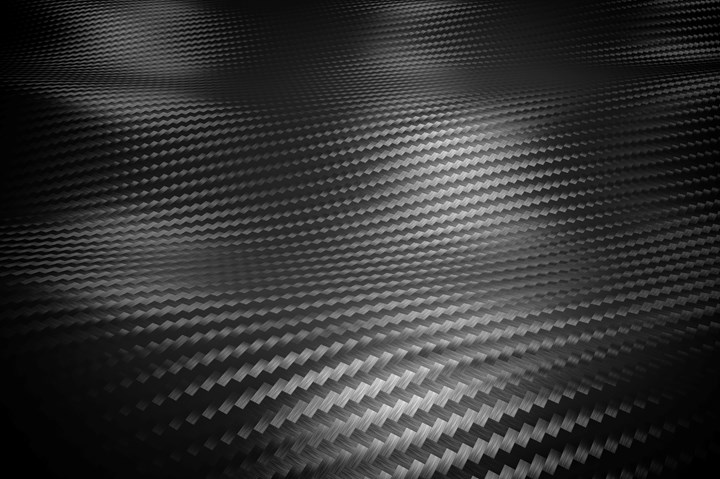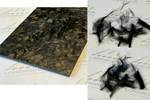Teijin to partner with Fuji Design in carbon fiber recycling
New business structure will incorporate Fuji Design’s proprietary, low environmental impact “precision pyrolysis” technology to produce high-quality carbon fiber from used CFRP for commercialization.

Photo Credit: Getty Images
On Feb. 24 Teijin Ltd. (Tokyo, Japan) announced that it has agreed to form a business alliance with , a Japanese manufacturer of recycled carbon fibers, to establish a business structure for the production, supply and commercialization of carbon fiber-reinforced plastic (CFRP) products made from recycled carbon fibers using a low environmental impact process.
Fuji Design’s proprietary “precision pyrolysis” technology produces high-quality carbon fibers from used CFRP by removing matrix resins. As a green technology, it is reported to produce some 90% fewer CO2 emissions than carbon fibers produced with virgin raw materials. Fuji Design, which is operating a commercial plant partially subsidized by Japan’s Ministry of the Environment, has been looking to expand the business by developing new applications for its technology.
Teijin, meanwhile, has been striving to lower its groupwide environmental impact, including by reducing its fiscal 2018-level CO2 emissions by 30% as of fiscal 2030 and to net-zero by fiscal 2050. Along with efforts to reduce in-house energy consumption, Teijin also has been developing technologies to recycle materials including carbon fibers.
Through the new business alliance, Teijin intends to strengthen its contributions aimed at realizing a more sustainable world. Under a long-term vision of becoming a company that supports the society of the future, Teijin also is working to achieve the United Nation’s sustainable development goals (SDGs).
Lightweight and high-strength CFRP, which already is used widely in aircraft, industrial and sports applications, is expected to attract increasing demand as a solution for improving the fuel efficiency of vehicles and other products. The challenge, however, is to urgently establish technologies for the reuse of carbon fibers, thereby helping to eliminate the material’s high-impact disposal in landfills or via incineration.
Related Content
-
Prepreg compression molding supports higher-rate propeller manufacturing
To meet increasing UAV market demands, Mejzlik Propellers has added a higher-rate compression molding line to its custom CFRP propeller capabilities.
-
The potential for thermoplastic composite nacelles
Collins Aerospace draws on global team, decades of experience to demonstrate large, curved AFP and welded structures for the next generation of aircraft.
-
Infinite Composites: Type V tanks for space, hydrogen, automotive and more
After a decade of proving its linerless, weight-saving composite tanks with NASA and more than 30 aerospace companies, this CryoSphere pioneer is scaling for growth in commercial space and sustainable transportation on Earth.






